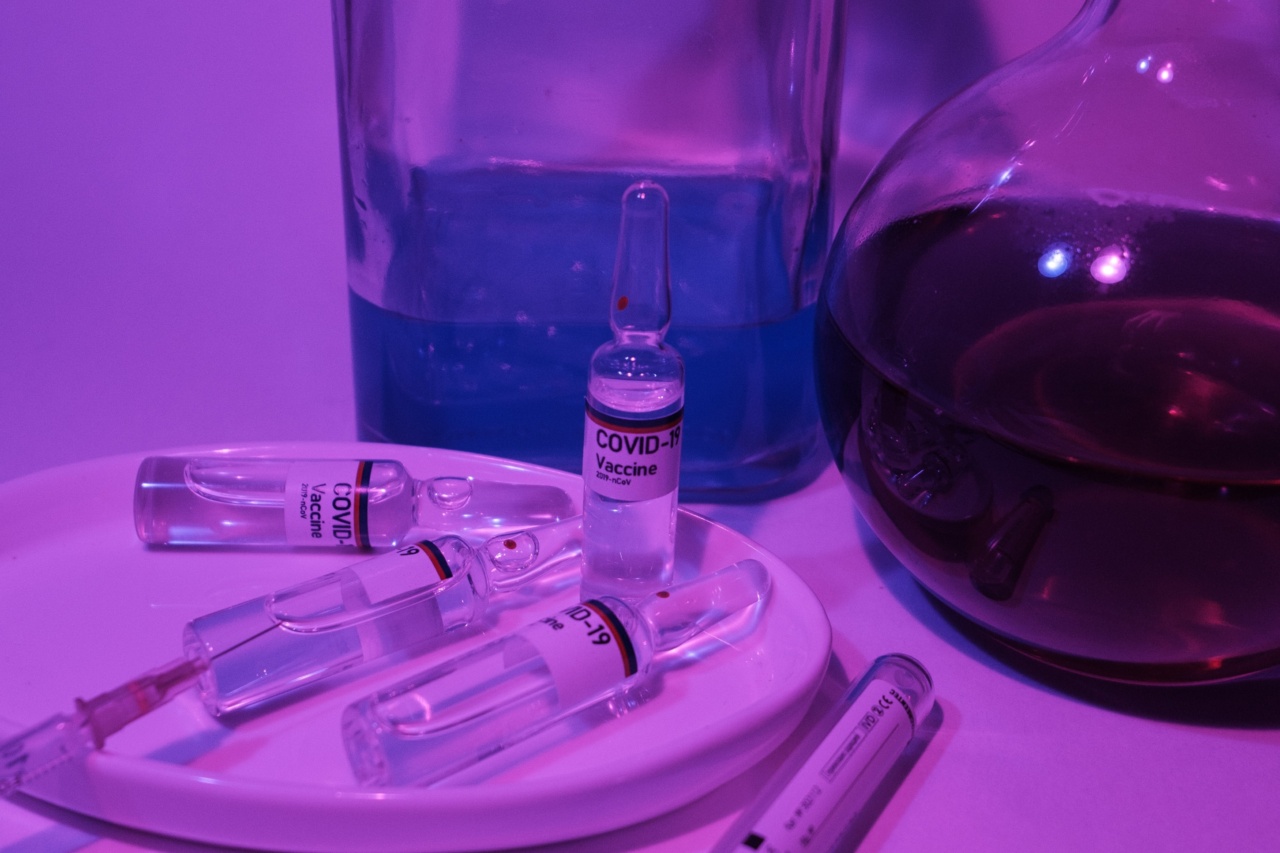Strokes are a major concern worldwide, causing disability and death in millions of people each year.
While there are several risk factors for stroke such as smoking, high blood pressure, and sedentary lifestyle, diet plays a crucial role in preventing strokes. Certain substances in food have been found to be particularly beneficial in reducing the risk of stroke. One such substance is potassium.
1. Bananas
One of the richest sources of potassium, bananas are not only a delicious and convenient snack but also excellent for stroke prevention. Potassium helps in regulating blood pressure, a key factor in preventing strokes.
Additionally, bananas are also rich in fiber, which promotes heart health.
2. Avocados
If you’re looking for a tasty way to boost your potassium intake, avocados are a great choice. This creamy fruit not only offers a healthy dose of potassium but also contains heart-healthy monounsaturated fats.
Avocados can help reduce bad cholesterol levels and maintain a healthy blood pressure, both of which are vital in preventing strokes.
3. Spinach
Leafy greens like spinach are nutritional powerhouses that offer a variety of health benefits, including stroke prevention. Spinach is an excellent source of potassium and is also rich in other heart-healthy nutrients like folate and magnesium.
Regular consumption of spinach has been associated with a reduced risk of stroke, making it a must-have vegetable in your diet.
4. Oranges
Citrus fruits like oranges are not only refreshing but also great for your overall health. Oranges are packed with vitamin C and fiber, which are beneficial for heart health. They also contain potassium, making them an ideal snack for stroke prevention.
Incorporating oranges into your diet can help improve blood pressure and reduce the risk of strokes.
5. Sweet Potatoes
Sweet potatoes are not only a tasty addition to your meals but also a great source of potassium. These root vegetables are high in fiber and vitamin C, which contribute to heart health.
Studies have shown that regular consumption of sweet potatoes can help maintain a healthy blood pressure, reducing the risk of strokes.
6. Yogurt
Yogurt, especially the low-fat and Greek varieties, can be a fantastic addition to your stroke-prevention diet. Yogurt is rich in potassium, calcium, and magnesium, all of which are essential for maintaining a healthy blood pressure.
Opting for plain yogurt and adding fresh fruits or nuts can be a nutritious and stroke-preventing snack.
7. Salmon
Fatty fish like salmon are excellent sources of omega-3 fatty acids, which are known for their heart-protective properties.
Regular consumption of salmon and other fatty fish can help reduce the risk of strokes by decreasing inflammation, improving blood vessel function, and preventing blood clot formation.
8. Nuts and Seeds
Nuts and seeds, such as almonds, walnuts, flaxseeds, and chia seeds, are rich in heart-healthy fats, fiber, and various vital nutrients.
These crunchy snacks promote heart health, lower cholesterol levels, and improve blood vessel function, all of which contribute to stroke prevention. Including a handful of nuts or seeds in your daily diet can make a significant difference.
9. Dark Chocolate
Yes, you read that right. Dark chocolate, when consumed in moderation, can be beneficial for stroke prevention.
Dark chocolate is rich in antioxidants called flavonoids, which can improve heart health and reduce the risk of strokes by lowering blood pressure and improving blood flow. Opt for dark chocolate with a high cocoa content for maximum benefits.
10. Green Tea
While not a food, green tea is worth mentioning when discussing stroke prevention. Green tea is rich in antioxidants and other beneficial compounds that can protect against heart disease and stroke.
Regular consumption of green tea has been linked to a reduced risk of various cardiovascular conditions, making it a healthy choice for your daily beverage.
Conclusion
Incorporating these foods into your daily diet can help provide the stroke-preventing substance you need. The potassium, fiber, antioxidants, and heart-healthy nutrients found in these foods play a crucial role in reducing the risk of strokes.
Remember to combine a nutritious diet with regular exercise and a healthy lifestyle to maximize the benefits of stroke prevention.





























